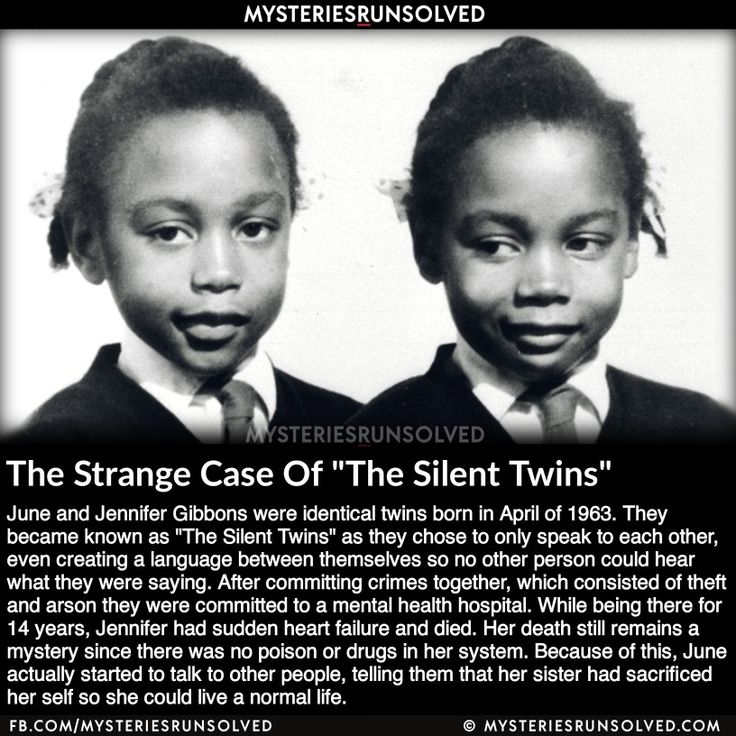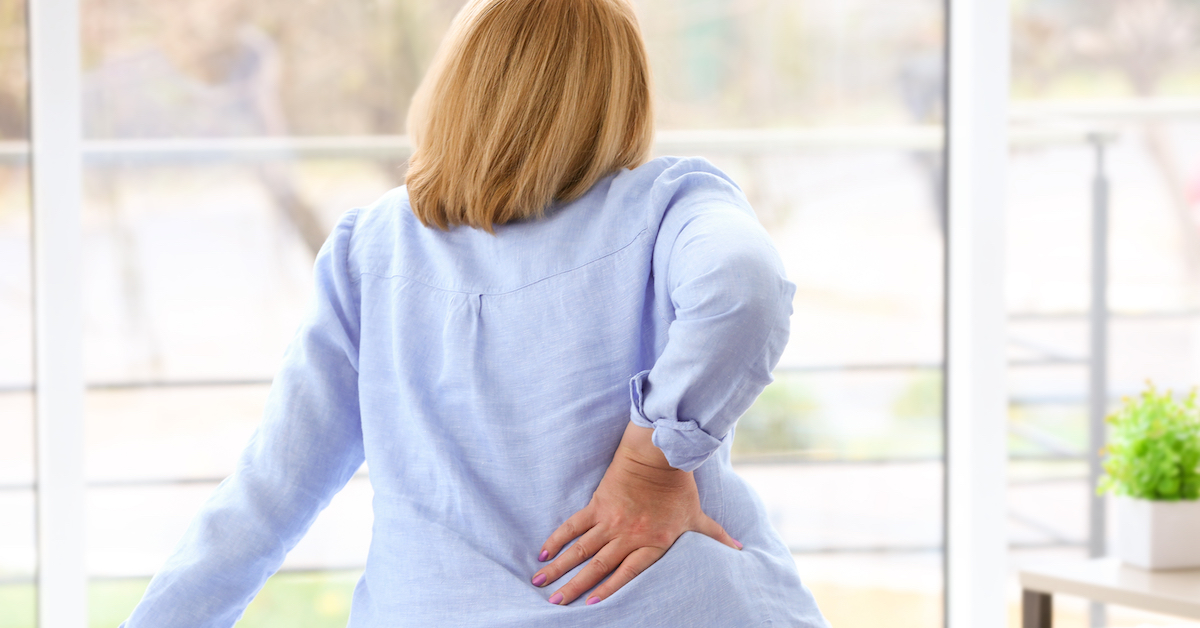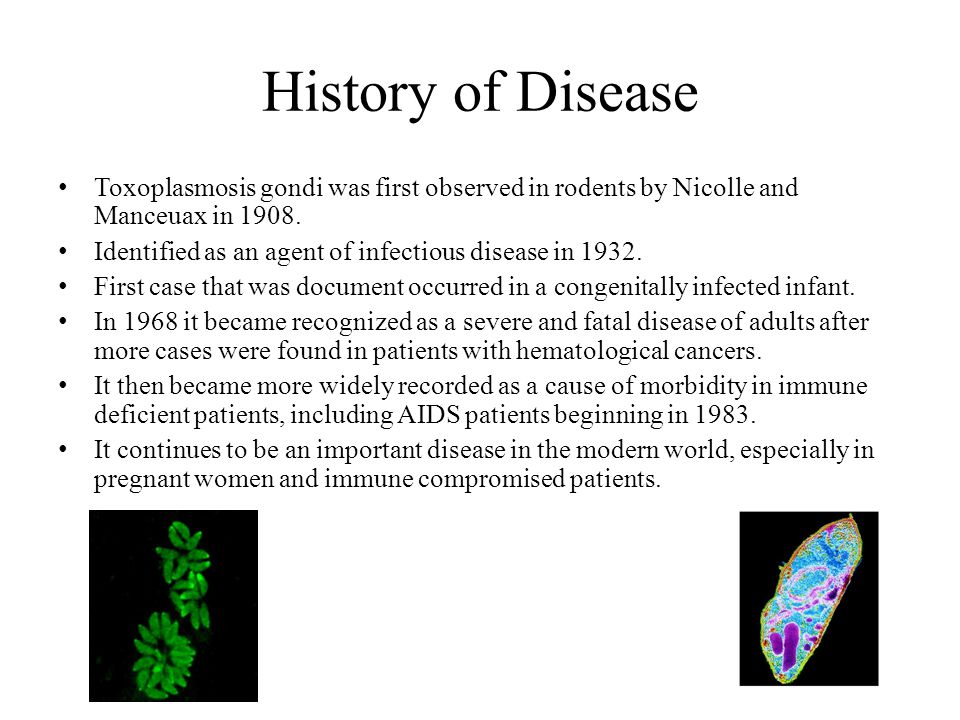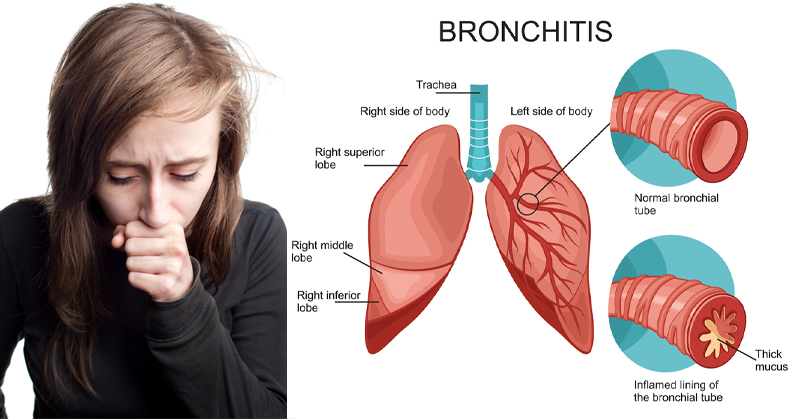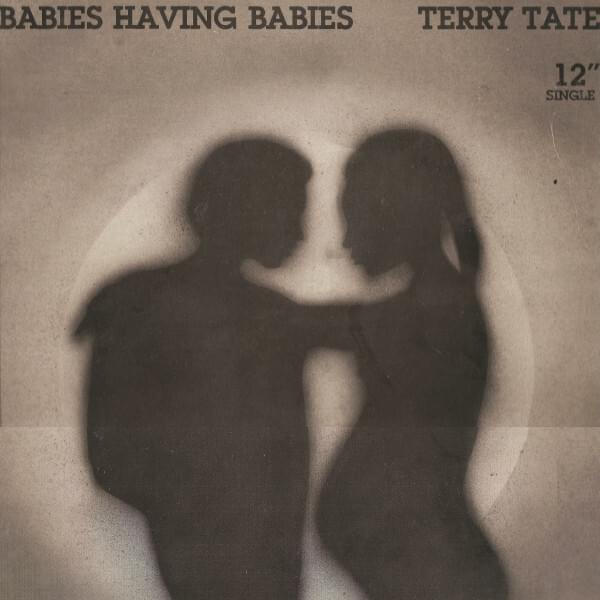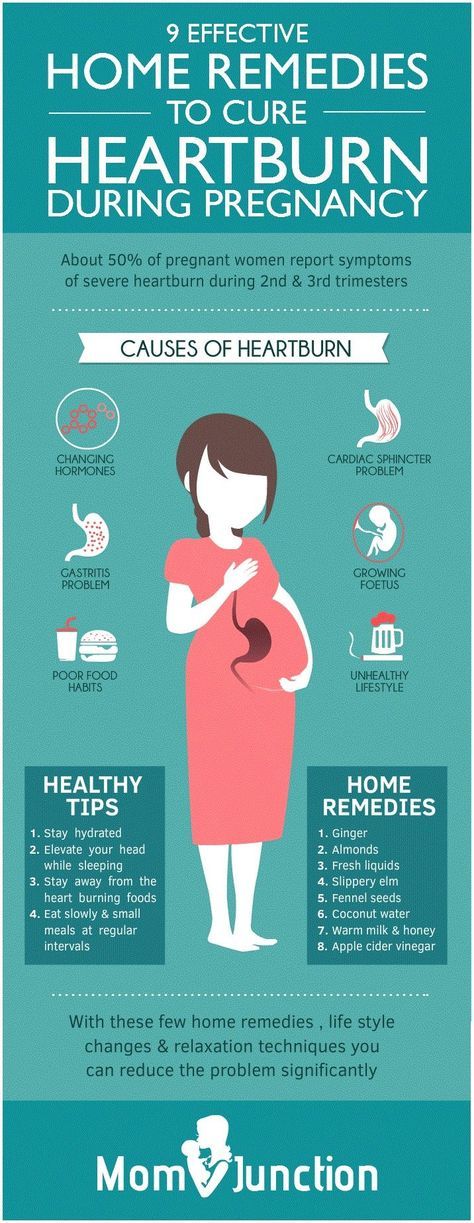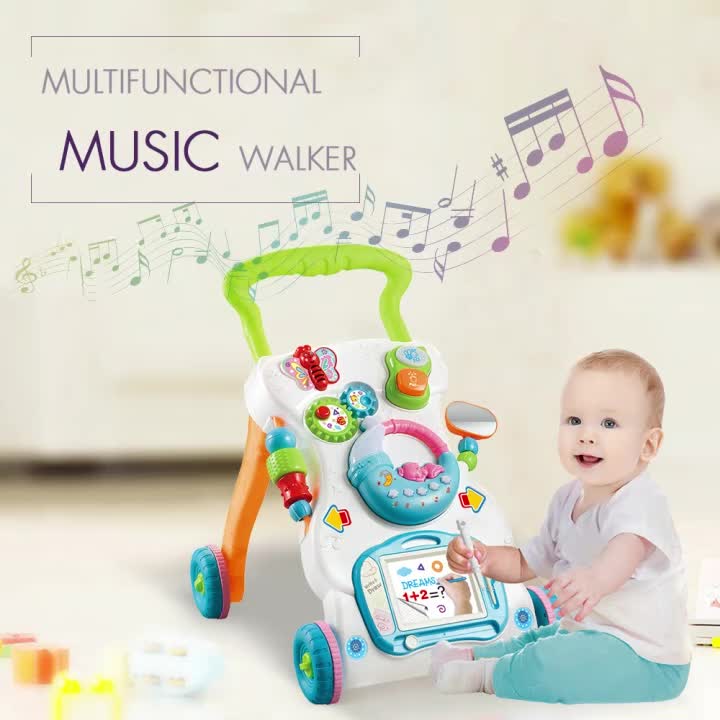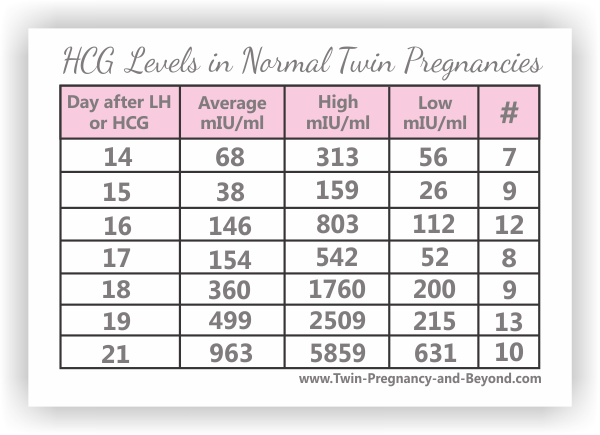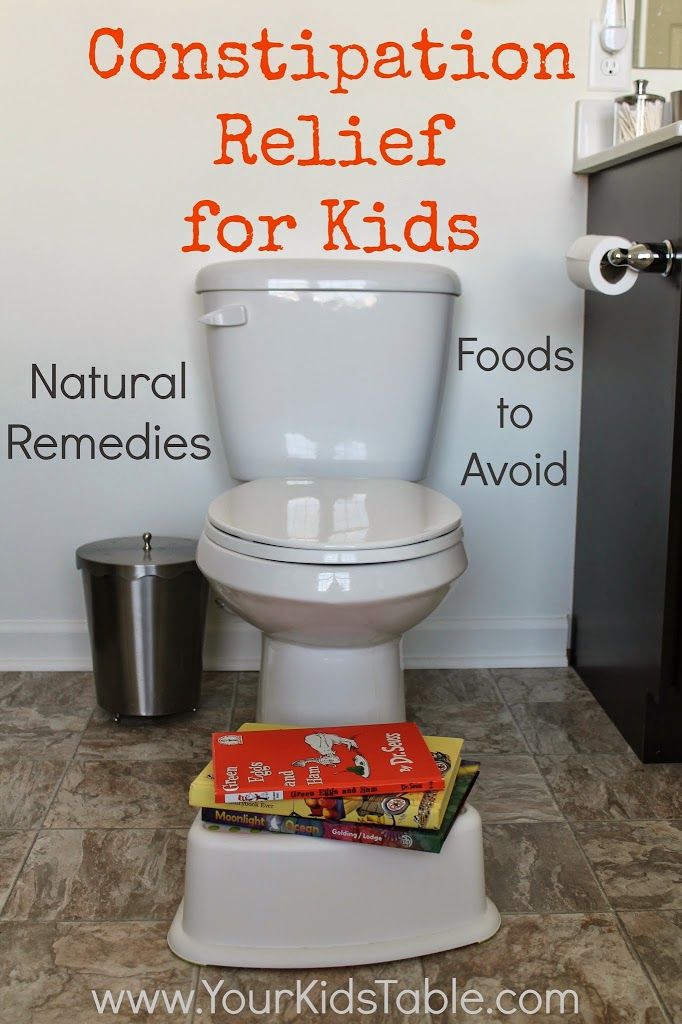Pregnancy symptom thirsty
Excessive Thirst During Pregnancy
Can’t seem to get enough to drink? Thirst is actually one of the earliest signs of pregnancy (so if you’ve been hoping for two pink lines, it may be time to test!) and one that may stick with you during the entire nine months. Why? Women experience heightened thirst in pregnancy because your body simply needs extra fluids as it supports baby’s development, so it’s important to stay hydrated. If you’re feeling like you’ve just stepped out of the desert all day every day, here’s what your body might be telling you.
In this article:
Is it normal to feel thirsty during pregnancy?
Causes of thirst in pregnancy
What to do for thirst in pregnancy
Is it Normal to Feel Thirsty During Pregnancy?
“It’s entirely normal to feel extra thirsty during pregnancy, even during the first trimester,” says Donald Grant, MD, ChB, DRCOG, MRCGP, a general physician in Bristol, UK, and the clinical lead at The Independent Pharmacy. “Around the time other early symptoms of pregnancy start to show, increased thirst often accompanies them.” And although many of the other first trimester pregnancy symptoms may ease up as time passes, thirst in pregnancy is likely to stick around and even increase as the weeks pass.
What’s not normal? Insatiable thirst that lasts all night and day and doesn’t go away even after drinking plenty of water. Extreme thirst in pregnancy could be a sign of other medical conditions. Keep reading to learn more.
Causes of Thirst in Pregnancy
We’ve all heard the phrase “eating for two,” but why does it suddenly seem like you’re drinking for two as well? The easiest and most common explanation is that you are! When you’re pregnant, Grant says, your body needs more fluids than usual to support baby’s blood circulation, maintain a healthy level of amniotic fluid and keep up with your own higher blood volume. Another possible reason for your thirst in pregnancy? You may be feeling hotter and sweating more these days—both common side effects of growing a tiny human, but which can increase your need for fluid intake.
Causes of Excessive Thirst in Pregnancy
If you’re experiencing excessive thirst in pregnancy, it could potentially be due to a more severe condition, such as:
• Gestational diabetes. In rare cases, extreme thirst in pregnancy could be a sign of gestational diabetes, says Kecia Gaither, MD, an OB-GYN and maternal fetal medicine specialist and director of perinatal services for NYC Health+Hospitals/Lincoln. But in most cases, gestational diabetes doesn’t cause any symptoms at all—that’s why every pregnant woman gets tested for it.
• HELLP Syndrome. HELLP Syndrome is a rare condition that occurs when a pregnant woman’s liver enzymes become out of whack, and calls for close monitoring until baby is delivered. Aside from excessive thirst, other symptoms can include fatigue, nausea and vomiting, and pain in the upper right part of your abdomen.
If you experience any of these symptoms, call your doctor, who can help get to the bottom of what’s causing them and guide you on proper treatment.
What to Do for Thirst in Pregnancy
The best thing to do if you’re feeling thirsty during pregnancy? Why, drink up, of course! As a rule of thumb, drink until your thirst has been quenched, says Grant, and avoid the temptation to cut back on water in order to cull those never-ending trips to the bathroom, he adds. “Instead, try sucking on ice throughout the day to increase your fluid intake naturally. Eat fewer salty foods, and instead consume juicy fruits and vegetables with high water content to help keep you hydrated.”
It’s critical that you stay hydrated during pregnancy. In fact, pregnant women are encouraged to drink 8 to 10 glasses of water a day, Gaither says. If you don’t drink enough fluids, you run the risk of becoming dehydrated, which can lead to complications such as low amniotic fluid, insufficient breast milk production and even premature labor, says Grant. “These, in turn, can lead to severe birth defects for baby, including brain damage or spina bifida,” he adds.
According to Gaither, signs of dehydration include:
- Dark, strong-smelling urine
- Constipation
- Dizziness
- Uterine contractions
- Fainting
To stay on track, keep a bottle of water close by—your purse, your car and your work desk are great places to stash water—and if needed, set an hourly reminder to get those ounces in! If you’re pregnant during the summer months, it’s even more important to keep water nearby at all times. If you’re struggling to drink the recommended amount of water during pregnancy, consider investing in a water bottle that measures how much water you’re drinking.
Updated February 2020
Expert bios:
Donald Grant, MD, ChB, DRCOG, MRCGP, is a general physician in Bristol, UK, with more than 30 years of experience. He serves as the clinical lead at The Independent Pharmacy, an online pharmacy service in Great Britain that advises on common medical conditions.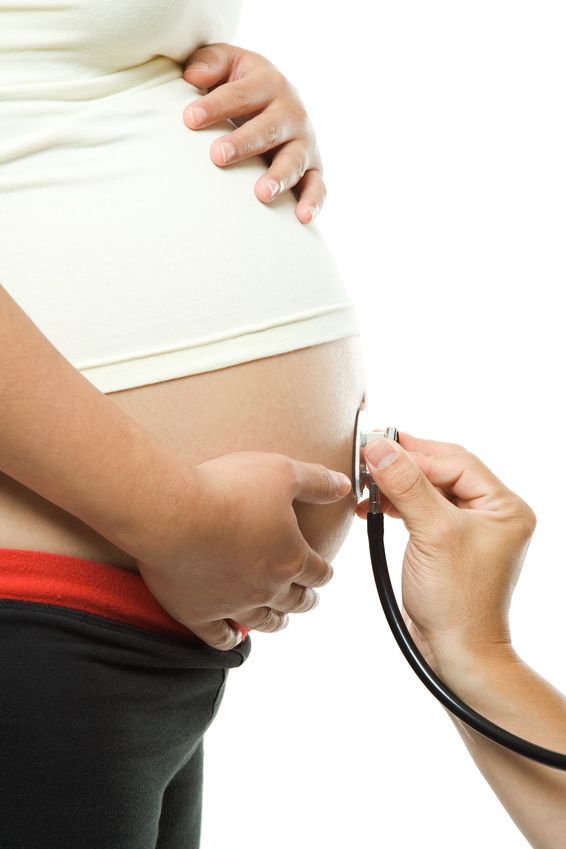
Kecia Gaither, MD, MPH, FACOG, is a double board-certified OB-GYN and maternal fetal medicine specialist in New York City with more than 20 years of experience. She serves as the director of perinatal services for NYC Health+Hospitals/Lincoln.
Please note: The Bump and the materials and information it contains are not intended to, and do not constitute, medical or other health advice or diagnosis and should not be used as such. You should always consult with a qualified physician or health professional about your specific circumstances.
Plus, more from The Bump:
How to Stay Hydrated During Pregnancy
Healthy Alternatives to Water
The Real Deal with Consuming Caffeine During Pregnancy
Very Thirsty in Early Pregnancy: Is It Normal?
Is a White Tongue a Sign of Dehydration?Reading Very Thirsty in Early Pregnancy 9 minutes
Next Why Am I So Thirsty?Tags
- Hydration
In this article:
- Is It Normal To Feel Thirsty in Early Pregnancy?
- What Causes Thirst During Pregnancy?
- Is Thirst the Same as Dehydration?
- How Can I Get Rid of Thirst in Early Pregnancy?
- The Benefits of Being Hydrated During Your Pregnancy
If you’re in your early pregnancy, you might have heard that you’re now eating for two.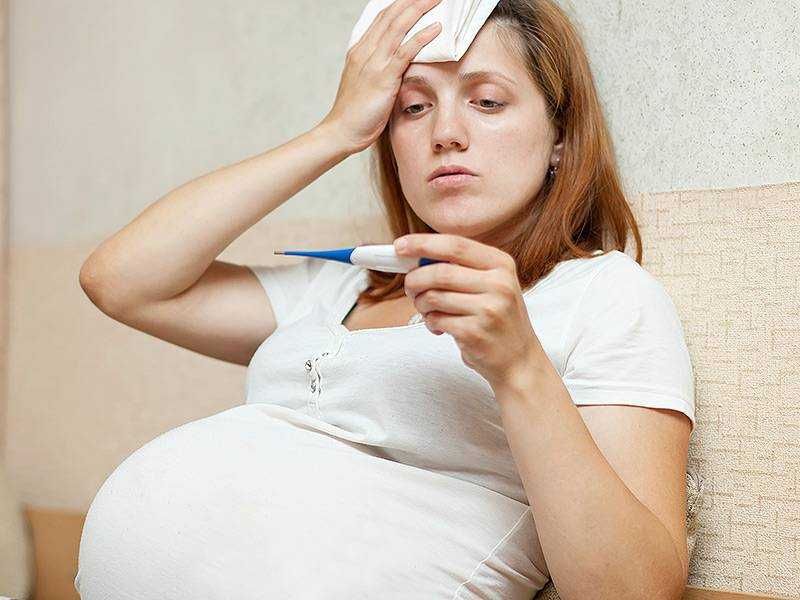 But did you know that you’re now drinking for two, as well?
But did you know that you’re now drinking for two, as well?
Because your fluid intake requirements have gone up, it’s normal to feel thirsty in your early pregnancy. But if your thirst is excessive and persistent, then it’s a good idea to take a closer look at what’s happening.
Read on to discover when it’s normal to feel thirst in early pregnancy, what causes you to feel thirsty, and the best ways to cure your thirst during your pregnancy.
Is It Normal To Feel Thirsty in Early Pregnancy? Hydrating Electrolyte Mix★★★★★ 1000+ reviews | During pregnancy, your body is literally growing another human being. For this reason, you need a lot of extra energy—which mainly comes from what you eat and drink (in addition to lots of extra naps!). For this reason, it’s completely normal to feel thirsty in your early pregnancy—especially if you haven’t upped your intake of food and water, in addition to essential vitamins and minerals. However, you might feel excessive thirst that doesn’t seem to go away regardless of how much you eat and drink. While a dry mouth on its own is usually not something to worry about, you might be experiencing thirst that’s slightly excessive. This is especially the case if you have a constant desire to drink water—even in the middle of the night. If that’s the case, it’s a good idea to check in with your doctor to make sure that everything is in balance. However, most cases of thirst in early pregnancy should go away by upping how much you eat and drink. Keep reading to find out what makes you feel so thirsty during pregnancy. |
There are many reasons you may be feeling more thirsty than usual in your pregnancy. In addition to simply needing more fluids to, you know, create another human being, there may be several factors at play. These can include:
- Increased Pressure on Your Bladder: As you progress in your pregnancy, you may feel increased pressure on your bladder.
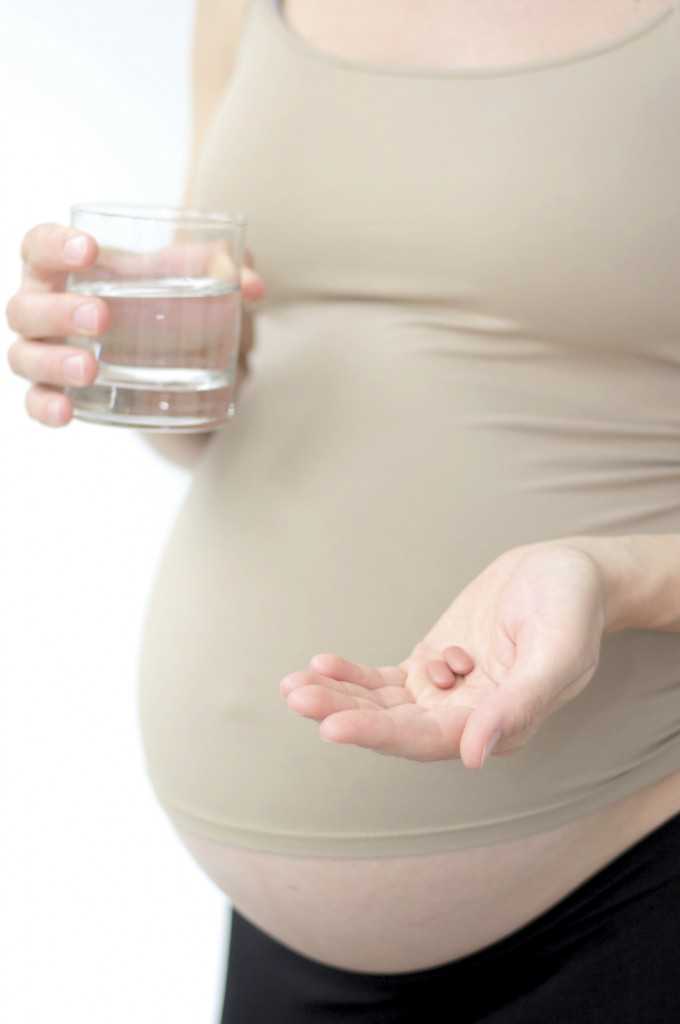 This may cause you to use the bathroom more often, which (understandably) may lead you to need more water than you usually do.
This may cause you to use the bathroom more often, which (understandably) may lead you to need more water than you usually do.
- An Increase in Hormones: During pregnancy, there is an increase in certain hormones that get released. Estrogen and progesterone play a role in your body’s hydration levels, and their secretion may explain the increase in thirst during pregnancy.
- Your Kidneys Are Working Overtime: Because you’re carrying a fetus, your kidneys are expelling more waste than usual, which means you’re losing more water and electrolytes than usual.
- You Feel Nauseous More Often: If you’re dealing with morning sickness, you may be experiencing vomiting—this is a very common way to rapidly lose a lot of water and electrolytes.
In addition, you may be eating a lot less food than usual. Because we get many of our electrolytes from food, you might be missing out on essential ones, which can trigger a thirst response.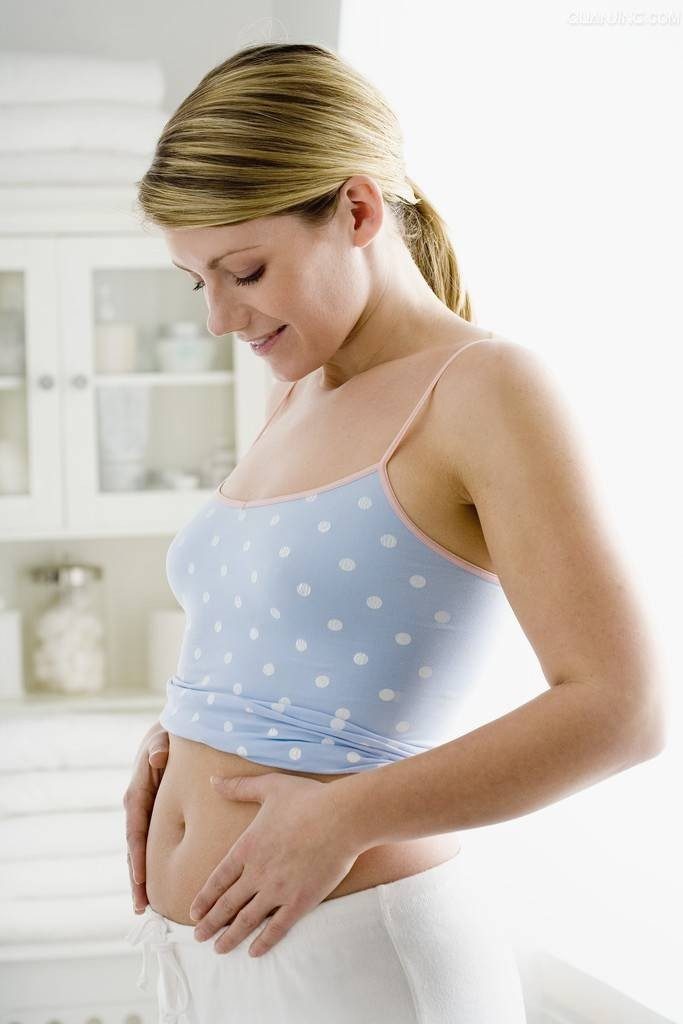
However, if you’re experiencing excessive thirst that doesn’t seem to go away, it can be due to a serious condition. This can include:
- Gestational Diabetes: This is a condition in which your blood sugar levels go up during pregnancy. This condition can affect up to 10% of pregnancies each year. While this condition sometimes doesn’t cause any symptoms at all, increased thirst can definitely be a sign of it.
- HELLP Syndrome: This is an incredibly rare condition that’s caused when the liver produces excess enzymes while the red blood cells begin to break down. While many of the symptoms—such as nausea and fatigue—may be confused with the normal experience of pregnancy, excessive thirst may be the sign that tells you something is wrong.
Due to the potential for complications, it’s important to have your doctor evaluate you for health issues. So make sure to reach out to your doctor if your thirst doesn’t go away.
Is Thirst the Same as Dehydration?| Thirst is not the same thing as dehydration. When your body senses even a minor decrease in your total water supply, it sends signals to your brain to (a) find more water and (b) preserve the water you already have—through fluid retention. Thirst is usually the first signal you’ll feel when your fluid balance is off and should go away fairly quickly once you replenish your fluids. Dehydration is a bit different from thirst. While there’s no single clinical definition for dehydration, it’s what happens when your body loses more water and electrolytes than it replenishes. In mild cases, it’s enough to cause impairment in your regular functioning. In more severe cases, it can lead your vital organs to stop working and even cause death. | Hydrating Electrolyte Mix★★★★★ 1000+ reviews |
How do you know if you’re dehydrated? Well, aside from thirst, you may experience a loss of function in many parts of your body and brain.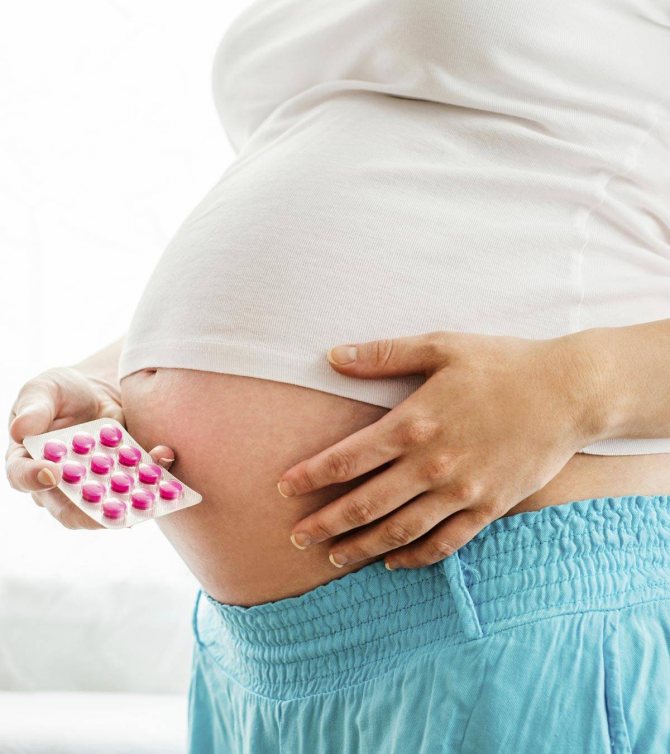 This can include brain fog, heart palpitations, extreme fatigue, and muscle spasms—amongst many others. While your doctor can diagnose you with dehydration, there’s a much easier way to check. If your urine is dark yellow or orange, you’re very likely dehydrated.
This can include brain fog, heart palpitations, extreme fatigue, and muscle spasms—amongst many others. While your doctor can diagnose you with dehydration, there’s a much easier way to check. If your urine is dark yellow or orange, you’re very likely dehydrated.
It’s super important to prevent excessive thirst from happening in the first place. For this reason, it’s important to drink the right amount of fluids for you. While the standard recommendation is eight glasses per day, you may need more. Listen to your body and give it all the fluids needed to prevent any feelings of thirst.
During pregnancy, it’s normal to feel nauseous from drinking plain water. Adding in an electrolyte supplement will not only replenish you with necessary minerals, but it can make water taste much better. Alternatively, you can up your intake of yummy fruits and veggies as a “cheat” for getting in more fluids.
Instead of drinking excessive amounts of water at certain points throughout the day, it’s a much better idea to sip on your beverages gradually.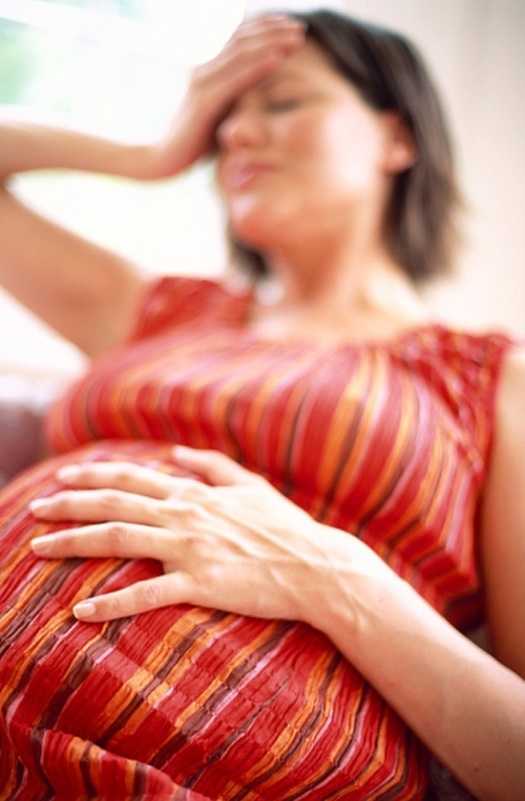 Too much water can make you feel uncomfortable—especially if you’re dealing with nausea. Instead, keep a large bottle of water nearby and sip on it every 20 minutes or so. If it helps, you can set reminders on your phone to make sure to drink when you need to.
Too much water can make you feel uncomfortable—especially if you’re dealing with nausea. Instead, keep a large bottle of water nearby and sip on it every 20 minutes or so. If it helps, you can set reminders on your phone to make sure to drink when you need to.
Aside from preventing dehydration, there are many benefits to staying well-hydrated in your pregnancy. These include:
- Reducing Your Risk of UTIs: During pregnancy, your risk of contracting a urinary tract infection goes up. While these can be easily treated with a round of antibiotics, it might be something you wish to avoid when pregnant. Staying hydrated is the best way to keep your urinary tract clear of bacteria that can lead to infection.
- Lowering Your Risk of Fatigue: Since you’re carrying a baby inside you, it’s totally understandable that you’d feel a bit more tired than usual. Keep your energy levels as high as possible by providing your body with the essential fluids and electrolytes it needs to keep your heart pumping efficiently and delivering oxygen to every part of your body.
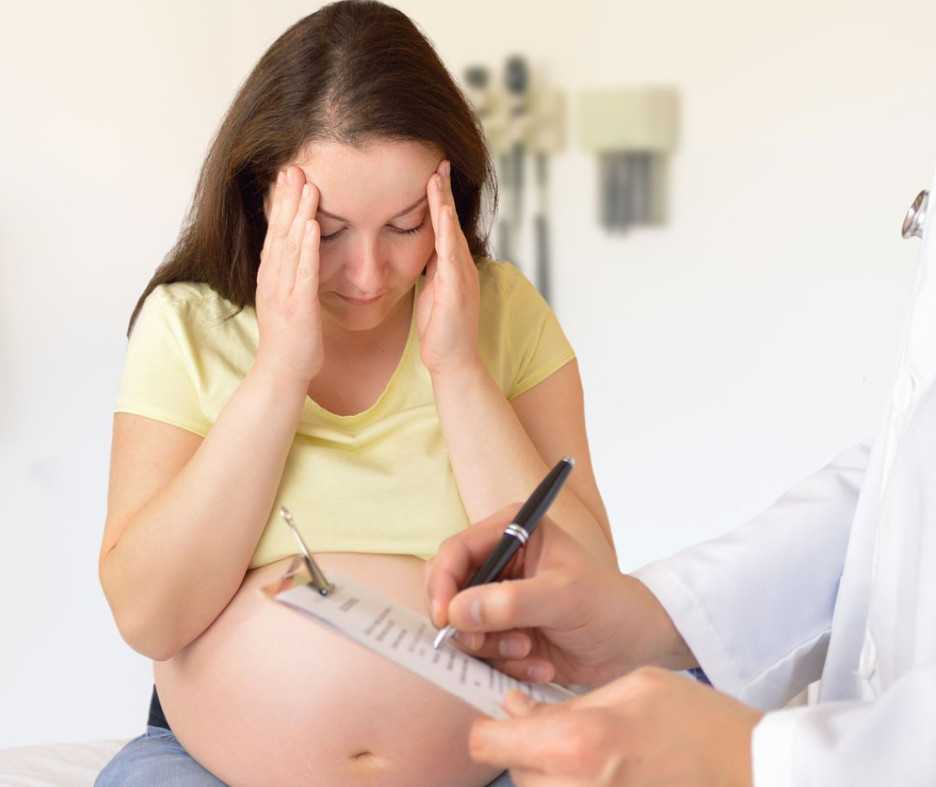
- Reducing Swelling: Not getting enough water can lead your body to retain fluids, which many women already experience during pregnancy. Up your intake of fluids to reduce the risk of swelling that can come with water retention.
- Making Your Skin More Elastic: Getting the proper amount of fluids helps your skin maintain its moisture. Not only will this keep dryness at bay, but it can actually make your skin more elastic—or, in other words, less likely to develop stretch marks.
- Improving Your Child’s Nutrition: Supplying your child with the proper amount of fluids and all the important vitamins and minerals they need is one of the best ways to ensure that they have all that’s necessary to grow and develop.
Hydrating Electrolyte Mix★★★★★ 1000+ reviews | Cure’s products are made with you and your child in mind. With a blend of sustainably-sourced coconut water powder and Himalayan pink salt, you can be sure that you’re getting the electrolytes you need for your body to function at its best. To make your water taste delicious, you can choose from many flavors, such as berry-pomegranate, grapefruit, watermelon, lemon, and ginger turmeric. With the variety of options available from Cure, you’ll no longer feel the need to force yourself to drink more water. Instead, getting in your water will be the sweetest part of your day. |
Sources:
Thirst | NCBI
Gestational Diabetes | CDC
Urinary Tract Infection In Pregnancy | NCBI Bookshelf
First signs of pregnancy before delay, early symptoms
Significant hormonal changes occur during pregnancy. This causes a number of symptoms. Some women experience pregnancy symptoms right away, while others may only have a few. About the first signs of pregnancy at an early stage and when exactly the initial signs of pregnancy appear are described in the article.
This causes a number of symptoms. Some women experience pregnancy symptoms right away, while others may only have a few. About the first signs of pregnancy at an early stage and when exactly the initial signs of pregnancy appear are described in the article.
At what time do the first signs of pregnancy appear
The answer to the question when the first signs of pregnancy appear is quite ambiguous, because some women do not feel any signs at all during the first few weeks. At what week do the first signs of pregnancy appear in others? When do the first signs of pregnancy appear after conception? Symptoms of very early pregnancy (such as breast tenderness) may appear before a missed period, as early as six to seven days after conception, while other early signs of pregnancy (such as spotting) may appear about a week after ovulation. We will tell you more about the first signs of pregnancy before menstruation and when the signs of pregnancy appear.
What are the earliest signs of pregnancy?
The first signs of pregnancy in the early stages:
- delayed menstruation - 29%;
- nausea - 25%;
- mood swings - from 14 to 23%;
- breast changes - 17%;
- pain in the lower abdomen - 15%;
- depression - 15%;
- fatigue, drowsiness - 13%
- decrease in immunity - 6%;
- the first signs of pregnancy - discharge or implantation bleeding - only 3%.
Physiological first signs of pregnancy
What are the very first symptoms of pregnancy?
The most common physiological signs of pregnancy include:
- Tender and enlarged breasts. Signs of pregnancy in the first days after conception include breast changes (1-2 weeks after conception). The area around the nipples, called the areola, may also darken.
- Drowsiness and fatigue.
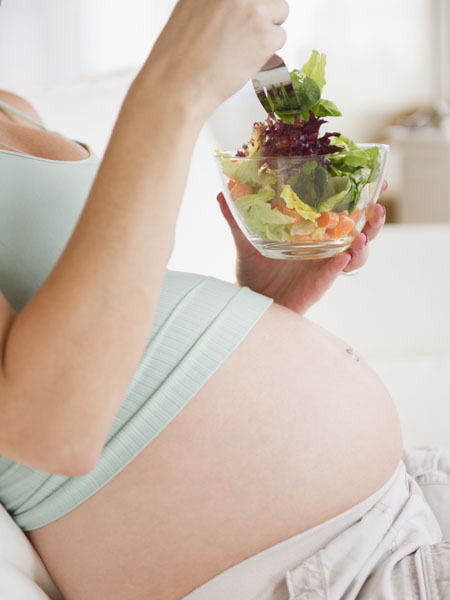 Fatigue is also among the signs of pregnancy in the first days after conception. During early pregnancy, levels of the hormone progesterone rise dramatically, which can cause drowsiness.
Fatigue is also among the signs of pregnancy in the first days after conception. During early pregnancy, levels of the hormone progesterone rise dramatically, which can cause drowsiness.
- Nausea with vomiting. When do these signs of pregnancy appear? Morning sickness, which can appear at any time of the day or night, often appears between the second and eighth weeks after conception.
- Dizziness and fainting . This may be due to dilation of blood vessels, lowering blood pressure and blood sugar levels.
- Spasms. Some women experience symptoms of pregnancy in the early days, such as mild uterine cramps.
- Headaches and back pains. Many pregnant women complain of frequent headaches, while others experience back pain.
- Insomnia - another first sign of pregnancy before the test.
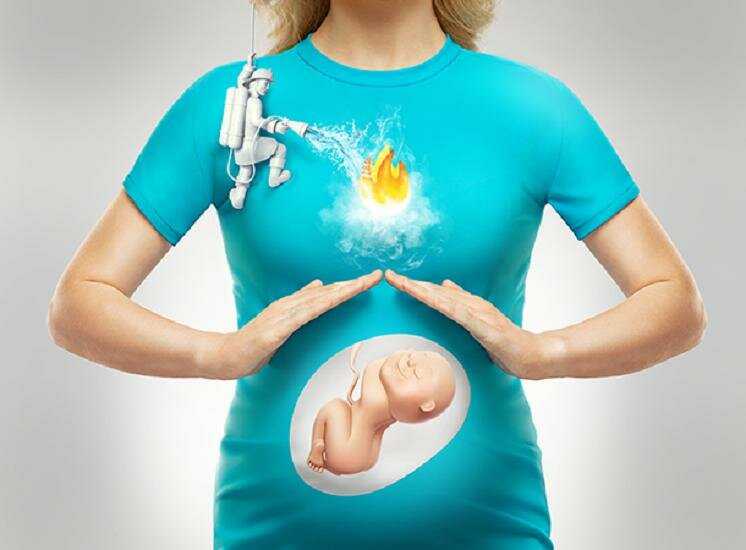 Causes can include stress, physical discomfort, and hormonal changes.
Causes can include stress, physical discomfort, and hormonal changes.
- Change in taste preferences. Like most other symptoms of pregnancy, these eating habits can be attributed to hormonal changes.
- Temperature. Early signs of pregnancy include fever (37-37.5).
- Delayed menstruation. How long does it take for the first signs of pregnancy to appear? If you are of childbearing age and a week or more has passed without your expected period, you may be pregnant. However, this symptom can be misleading if you have an irregular menstrual cycle.
- Bloody discharge - the first signs of pregnancy . This bleeding, known as implantation bleeding, occurs when a fertilized egg attaches to the lining of the uterus, approximately 10 to 14 days after conception.
- Bloating, heartburn. Hormonal changes can cause problems with the stomach and esophagus - these are common signs of pregnancy at 2 weeks.

- Constipation . Hormonal changes cause the digestive system to slow down, which can lead to constipation (signs of pregnancy after a delay).
- Frequent urination. You may urinate more than usual, which is a common sign of pregnancy at 5 weeks. During pregnancy, the amount of blood in the body increases, causing the kidneys to process excess fluid that enters the bladder.
- Runny nose. The appearance of this symptom is associated with excessive production of the hormone estrogen.
- Exacerbation of chronic diseases. This is a sign of pregnancy after ovulation.
- Increased salivation. Also associated with hormonal changes.
- Sense of smell enhancement . Signs of pregnancy in the first two weeks may cause sensitivity to certain smells and the sense of taste may change.

Emotional first signs of pregnancy
The first signs of pregnancy before the delay (the earliest signs of pregnancy) include psycho-emotional symptoms.
- Mood swings.
- Irritability.
- Vulnerability, tearfulness.
- Capriciousness.
- Depression.
These are all emotional signs of early pregnancy that many women report. They describe feelings of heightened emotion or even bouts of crying, which are associated with rapid changes in hormone levels in the body. Also, signs of pregnancy at week 4 can make you feel PMS-style cranky. In addition, about 15% of women suffer from depression or anxiety during pregnancy. And after childbirth, these conditions suffer even more. In this case, it is better to seek help from a doctor.
Do everything you can to improve your mood: get plenty of rest, eat well, get enough sleep, do things you love, and pamper yourself.
However, be aware that mood swings can be caused by a number of conditions other than pregnancy.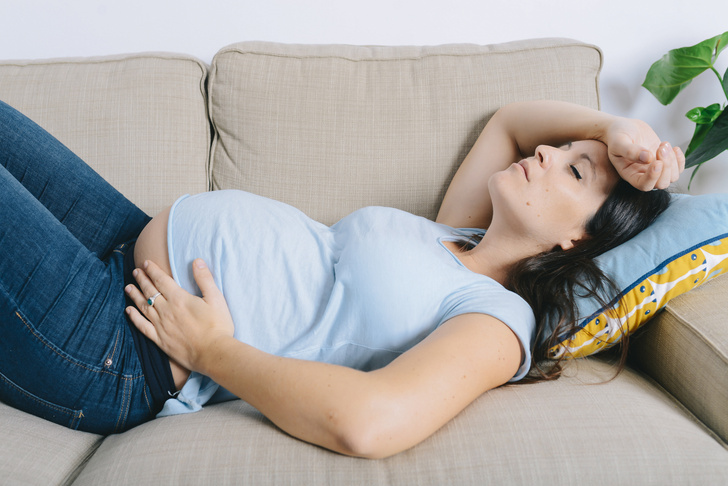
Influence of early pregnancy on daily routine
Early signs of pregnancy, mainly those that bring discomfort, can cause a change in daily routine. Here are some tips on what you can do with some of them:
- In case of toxicosis, avoid too hot or too cold food - this provokes an attack of vomiting. Eat often - at least 5-6 times a day, but in small portions.
- For nausea or vomiting, try ginger, chamomile, or vitamin B6.
- Drink plenty of water, in small sips between meals, to replenish lost fluids. Teas, juices, fruit drinks are also suitable.
- For back pain, wear shoes or shoe insoles designed for pregnant women and avoid high heels. Sleep on a firm mattress.
- For chest discomfort, wear a special bra that supports enlarged breasts.
- For constipation, eat more fiber-rich foods such as wheat bran and fresh vegetables and fruits.
- If you suffer from headaches and mood swings, try stress reduction techniques such as yoga or meditation.
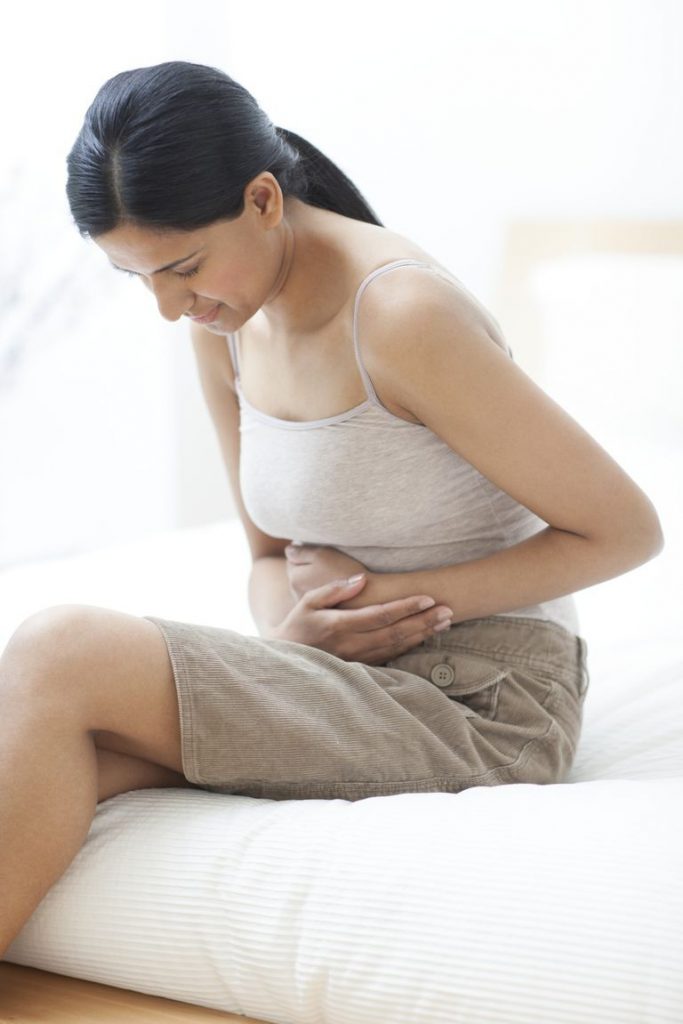
- Be outdoors more often, at least half an hour a day. This helps to reduce the symptoms of toxicosis, calm the nervous system.
- Maintain your daily physical activity for as long as it is convenient for you to perform certain activities.
- Eat a balanced diet with enough proteins, fats and carbohydrates.
Important! All these tips are advisory in nature, be sure to consult your doctor if you encounter discomfort.
What to do if you notice early signs of pregnancy
To make sure the signs of pregnancy are accurate, you can use the following methods to diagnose early pregnancy:
- Donate blood for hCG. This method can be used a few days after conception. This type of pregnancy test is done using a small sample of blood that is analyzed in a hospital. It determines whether there is a pregnancy hormone in your body and in what quantity. Its accuracy is 99%.
- Use a test strip.
 It can be used at home from the first days of delay. To determine pregnancy, dip the reagent area of the test strip into the urine. Accuracy: 99%. You can buy Evitest or HomeTest test strips in our pharmacy.
It can be used at home from the first days of delay. To determine pregnancy, dip the reagent area of the test strip into the urine. Accuracy: 99%. You can buy Evitest or HomeTest test strips in our pharmacy. - Use jet or electronic test. They can be used at home a few days before your expected period. You need to remove its protective cap, substitute the test under the stream of urine for 10 seconds, and after 3-5 minutes get the result. Accuracy: 97%. In our pharmacy you can buy Evitest or Alpe inkjet tests.
- Get your first ultrasound. You can use this method at 3-4 weeks from the start of a missed period. At this time, ultrasound will show the very fact of uterine pregnancy, and the place of attachment of the fetal egg is also determined. Accuracy: 100%.
Help Doc.ua: you can make an appointment with a gynecologist on the website.
Are you pregnant? Early signs of pregnancy.

Finally! Your period is delayed. If you want a baby, there is great hope that you will get pregnant this time. A pregnancy test will soon show you more. At the same time, you can observe yourself - perhaps you have already noticed any changes. Your body usually clearly shows you that fertilization has taken place. Most of the signs are associated with an increase in hormone levels.
Of course, not every sign means you are pregnant. But the more typical symptoms you notice, the more likely it is. However, in the end, only a doctor can make the final decision: "You're pregnant - congratulations!"
Share this information
Uncertain early signs of pregnancy
The first signs of pregnancy are as varied as they are vague. Often the early signs of pregnancy appear even before the missed period. These may be early symptoms of pregnancy:
- Nausea and vomiting
- "Leady" tiredness and fatigue
- Frequent urination
- Increased food cravings and unusual eating habits
- Sensitive breasts and darkened nipples smell and taste
- Abdominal cramps, slight bleeding and discharge
- Growth of hair and nails
- Changes in skin conditions
- Forgetfulness
- Mood swings
- Bloating or constipation
- Poor sleep
Nausea and vomiting the first thousand times you saw 9002 in the cinema: the heroine hurriedly runs away, she suddenly feels sick.
 She doesn't know she's having a baby yet, but everyone in the movie theater has already taken the hint.
She doesn't know she's having a baby yet, but everyone in the movie theater has already taken the hint. In fact, nausea is not so typical. Some women feel very ill, others tend to feel a little sick.
"Lead" fatigue and fatigue
Are you as tired during the day as if you had sat up all night? The sofa is calling you at noon, and your eyes start to close as if by magic? A huge need for sleep is one of the most common signs of pregnancy. If you notice unusual tiredness or fatigue, you may be pregnant.
Frequent urination
You constantly have to run to the toilet, even if you drink no more than usual. This can be another early sign of pregnancy: once the embryo is implanted, the hormone human chorionic gonadotropin (hCG) is released, which makes you go to the toilet more often.
Food cravings and unusual eating habits
Is your body just screaming for chocolate or would you get up at night to buy greasy chips at the gas station? Or do you have other unusual food addictions ? Bingo! It is possible that you are pregnant.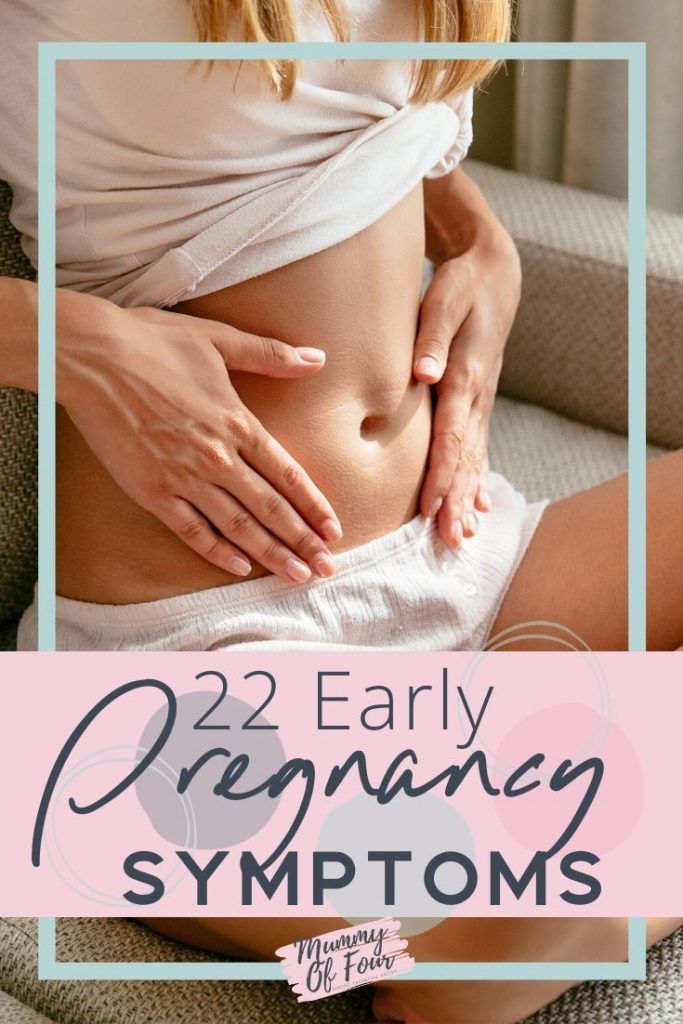 Many women report strange eating habits as early signs of pregnancy : for example, they pour hot salsa straight out of a jar or, being vegans, feel an irresistible craving to bite straight from a hearty salami stick.
Many women report strange eating habits as early signs of pregnancy : for example, they pour hot salsa straight out of a jar or, being vegans, feel an irresistible craving to bite straight from a hearty salami stick.
Sensitive breasts and darkened nipples
Your breasts may also show early signs of pregnancy. Pay attention to the following symptoms: the breast begins to thicken and fill up, as before menstruation. To the touch, the mammary glands are more plump and large and very sensitive to touch. Your areola often looks darker than usual . The opposite symptom - discoloration - can also be caused by a hormonal imbalance or a previous pregnancy.
Changes in smell and taste
Every day you find that the detergent smells unbearably . Or you complain to your husband that he has been bathing in cologne lately. Are you familiar with this? Sensitivity to odors is common in early pregnancy . Some women have a strange metallic taste in their mouths . Another early sign of pregnancy can also be a sudden aversion to alcohol or tobacco.
Some women have a strange metallic taste in their mouths . Another early sign of pregnancy can also be a sudden aversion to alcohol or tobacco.
Abdominal cramps, slight bleeding and discharge
Pulling in the abdomen, as if menstruation is about to begin. You think disappointedly: "It didn't work out with the child again!". Or you even notice a small spot or highlights . But day after day passes, and there are still no periods. Then these symptoms may be early signs of pregnancy. These symptoms are usually harmless and are caused by the implantation of a fertilized egg in the uterus. If you want to be on the safe side, try not to strain yourself and avoid exercise. If you notice anything unusual, see your doctor.
Elevated basal body temperature
You can find out if you are pregnant by regularly measuring your basal body temperature: if in the morning after waking up for eighteen days your temperature is higher than usual , then most likely you are pregnant.
When do the early signs of pregnancy appear?
It is impossible to say exactly in which week of pregnancy certain symptoms of pregnancy appear. When the first signs of pregnancy appear and whether they appear at all depends on the individual woman. However, the early symptoms of pregnancy can be roughly attributed to the following weeks.
4th week: implantation pain and slight bleeding, breast tenderness.
Weeks 5 and 6: mood swings, fatigue, hunger, nausea and vomiting
Weeks 7 and 8: nausea, circulation problems, dizziness, low blood pressure, insomnia , frequent urination,
Weeks 9 and 10: breast changes, nausea, shortness of breath
Weeks 11 and 12: bloating, constipation
The three surest signs of pregnancy
There are many early symptoms of pregnancy, but the surest signs of how to understand that you are still pregnant:
1.
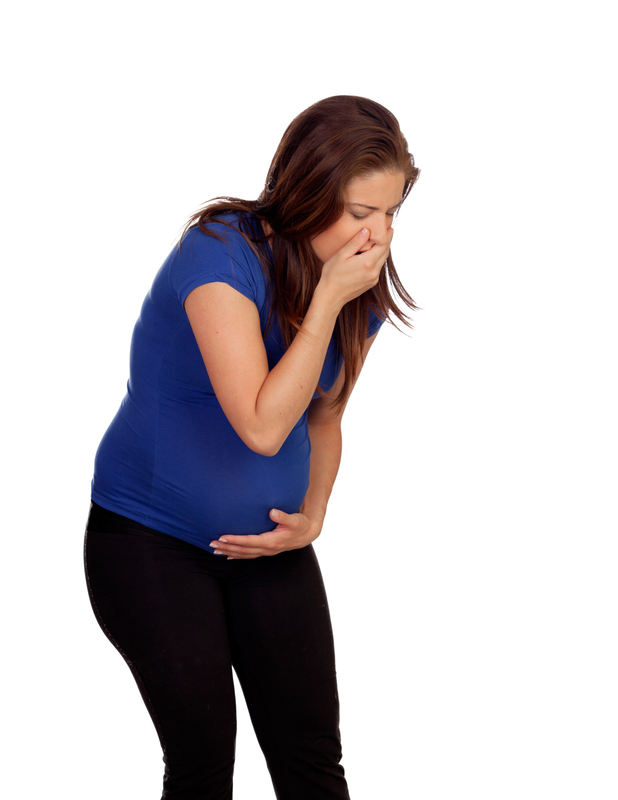
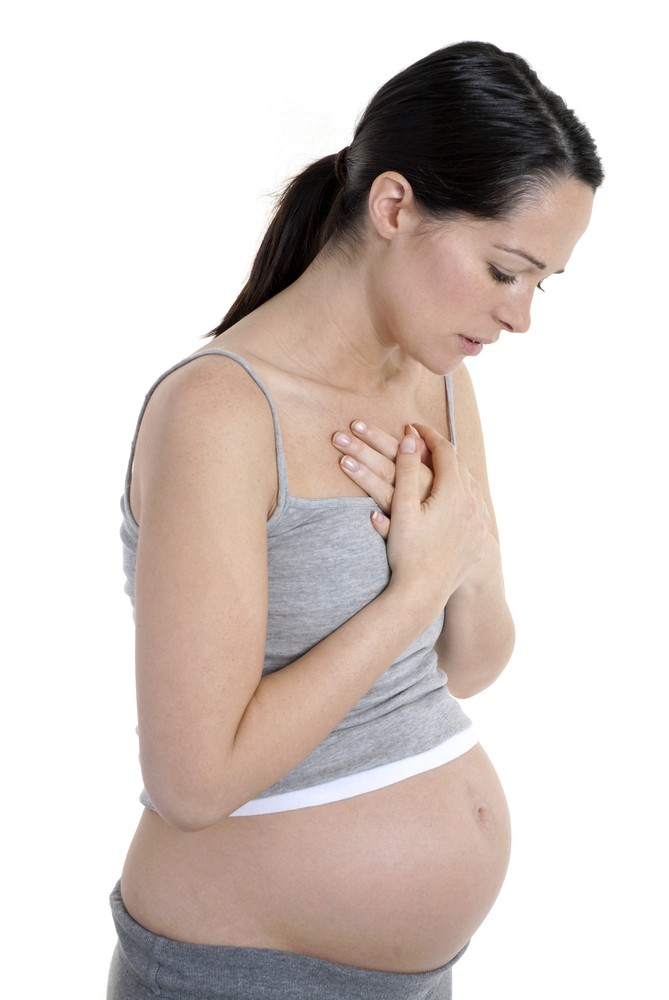 While dehydration is something that needs to be addressed right away—especially during pregnancy—thirst is just your body’s normal response to needing more water or electrolytes (or both).
While dehydration is something that needs to be addressed right away—especially during pregnancy—thirst is just your body’s normal response to needing more water or electrolytes (or both). 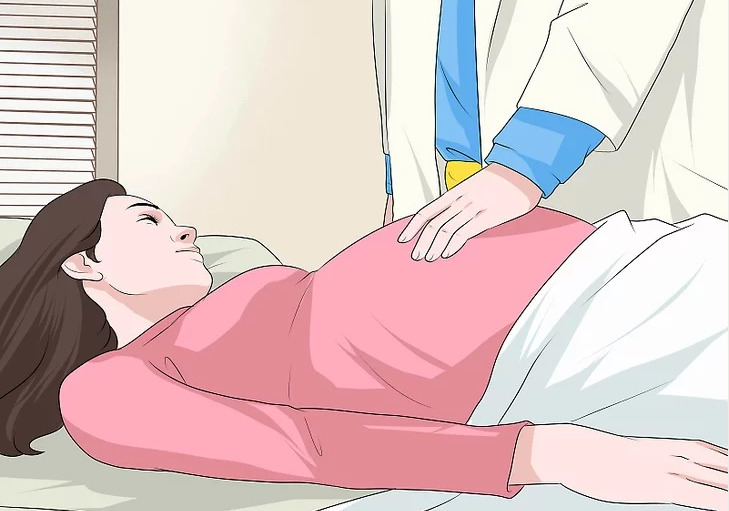 Because we’re committed to your wellness, we use only plant-based and sustainable ingredients. Nothing synthetic or artificial—ever!
Because we’re committed to your wellness, we use only plant-based and sustainable ingredients. Nothing synthetic or artificial—ever!